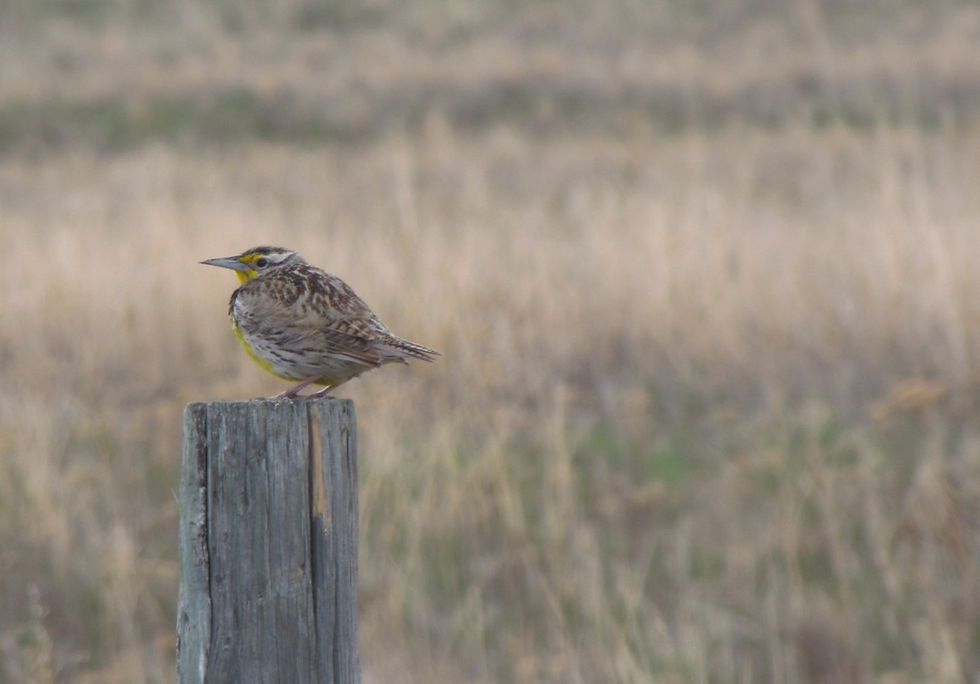The Zen of Birding
- erinobrien7500
- May 1, 2025
- 2 min read
With David Manning

A writing expert I admire says I should, as a writer, place myself in the background. Pardon me in this introduction to a new series on birding if I dispense with this cardinal rule and indulge a bit in ego. I promise in future articles to place birds in the foreground. Remind me if I’m unsuccessful.
Like most naturalists I appreciate the many aspects of our wildlife world, from whales to woodpeckers. But if I had to pick one area of particular interest, it is birds, avian organisms found almost anywhere I go. I can’t easily say why they delight me so much, but such is the case. Something clicked within me during that high school biology class bird walk on that early spring morning, my first real introduction to these feathered beings. I’ve been a student of ornithology ever since. Thank you Miss Pyle!
For more than 60 years, I’ve never stopped looking up and all around for these wondrous creatures—forest and field, mountain and valley, bog and lake, desert and seaside, even here in my little garden. Each ecosystem contains its favorites: a warbler in a treetop, trogon by a stream, condor on a cliff and stork in a swamp. Living now on Pender Island, my focus is primarily on the species found here.
Zen can be defined as inspiration by the most direct means. With each bird sighting I am immediately alert. My noisy mind subsides. Time stops, I’m there, exalted in the moment. I wish to know each bird, not simply its species name, but its reality. And that can be known only with keen awareness, bringing me into communion with it. The bird draws me inward to an inspired place, serving me very well in this way. I’d like to think that my intense watching gives something back to it.
I guess you can call me a contemplative nature observer. I don’t really know how I might affect a bird or any aspect of nature. But I suspect that a compassionate and respectful attitude does effect some positive result.
In this new series we’ll follow birds through the seasons, explore their behaviours, territories, joys and innocence. Most of all, we’ll let them be and protect their habitats at our homes and elsewhere so they may continue being “citizens” of Pender. Join me in celebrating the illuminating world of birds. They will speak for themselves—all we need do is look and listen. And then become intoxicated!
Stay tuned for the Good God Woodpecker!


